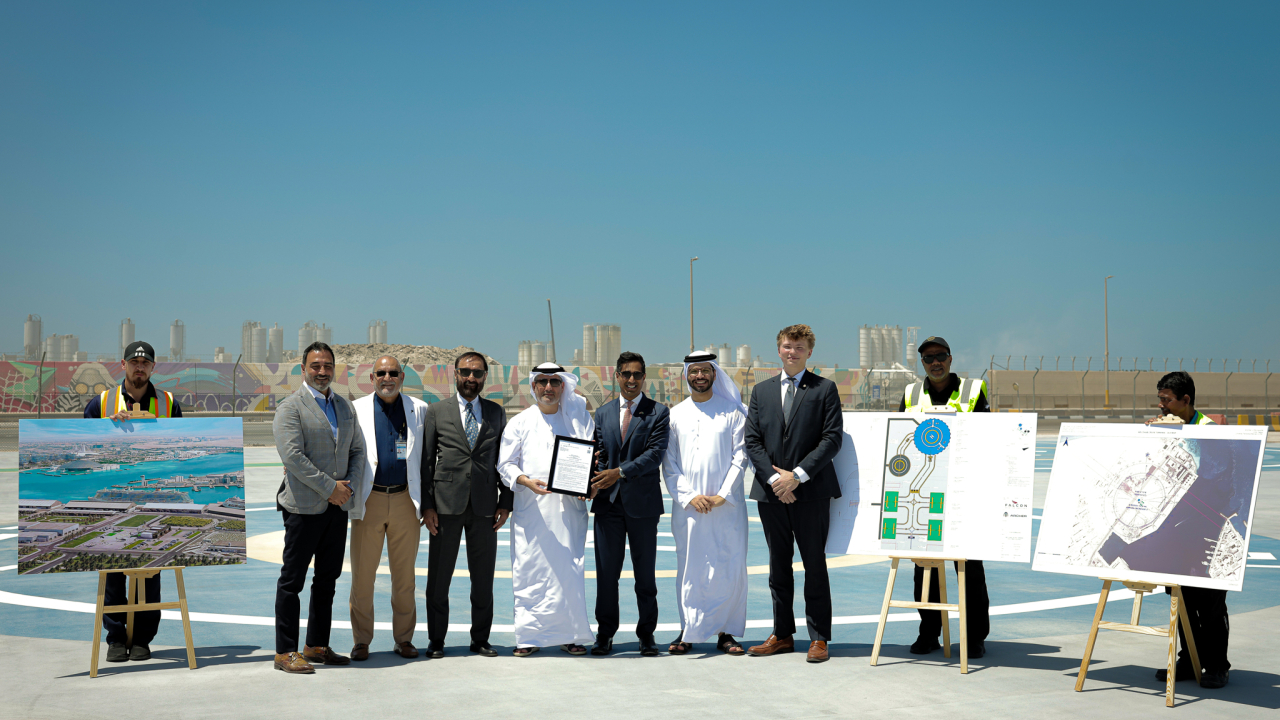ICCAIA urges global approach to aviation CO2 emissions

The aerospace manufacturing industry has also called on governments to support research and technology in the sector, in order to give it the means to achieve its ambitious environmental objectives.
François Gayet, Chairman of ICCAIA and Secretary-General of ASD, the association representing the European aerospace industry, said: "Aviation is a long life cycle industry, which needs to operate in a stable regulatory environment. It is also a global industry, which requires a global approach. Any plan to reduce aviation CO2 emissions therefore needs to be based on a stable, long-term framework, implemented through a global approach.
"We believe ICAO is the right forum to set up such a framework and implement such an approach. A couple of months before the opening of the UNFCCC Conference of the Parties in Cancun, the ICAO Assembly must rise to the challenge and adopt a global plan for addressing aviation emissions."
The aviation industry as a whole (ICCAIA for manufacturers, ACI for airports, IATA for airlines, and CANSO for air navigation service providers) has set itself ambitious environmental targets: in addition to a commitment to improve its average efficiency by 1.5 percent per year up to 2020, it intends to cap its net carbon emissions from 2020 onwards, and to halve them by 2050 – compared to 2005 levels.
Mr Gayet went on to say: "Industry and ICAO Member States need to work hand-in-hand to ensure that such targets can be achieved."
Above: François Gayet, Chairman of ICCAIA and Secretary-General of ASD.
Technological innovation will play a crucial role in contributing to the reduction of aviation emissions.
Mr. Gayet said: "Through constant innovation, our industry has managed to significantly improve aviation’s environmental performance, reducing CO2 emissions from a jet aircraft by 70% over the last 40 years. We are now determined to break new barriers, but this will only happen if our industry receives the adequate level of support for its efforts in research and technology. We call on governments to reinforce their partnership with our industry, to help us prepare the sustainable future of air transport.
"Aviation’s contribution to the world economy, and its role in today’s globalised society, are absolutely essential. There is therefore no alternative to finding a global solution which will ensure aviation’s sustainable development."
Stay up to date
Subscribe to the free Times Aerospace newsletter and receive the latest content every week. We'll never share your email address.

